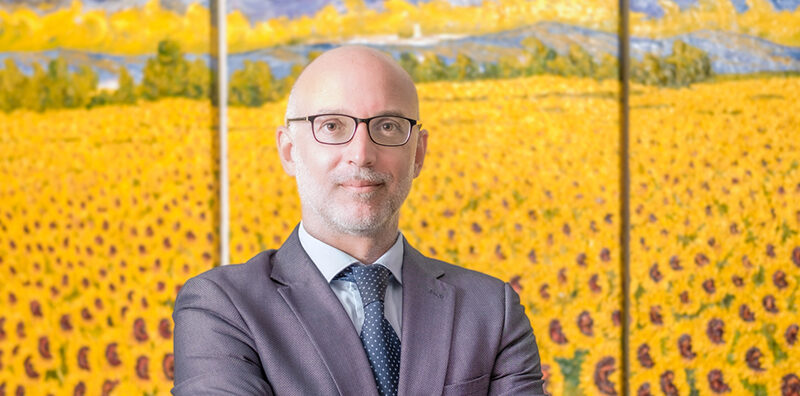Author: Serena Cacciatore, Costanza De Caro,
Alejandro Hernández López, Cristina Ruiz López, Ana María Vicario Pérez, Celia Carrasco Perez.
Committee: Interviews Committee
Date: 09/11/2023
How has the establishment of the European Public Prosecutor’s Office by Regulation 2017/1939 been received?
It has been well received. In fact, with regard to the countries that have not acceded, agreements have been reached with several of them and others are now in the process of accession. It should be borne in mind that the project for its creation had been in the works for many years, since the Corpus Iuris and subsequent work. But the Regulation has finally arrived and it can be said that it has been well received.
With regard to the countries that are not yet part of Regulation 2017/1939, such as Poland or Hungary, could a specific regulation be necessary for the investigation on their territory of offences of fraud against the Union’s financial interests?
If they decided at the time not to be part of the Regulation, it is difficult to impose any other regulation on them. These are more political questions than questions of opposition to the system. Poland, for example, is on an anti-European drift and will not join any EU body that could permeate its judicial system. When its government changes in future elections, it will surely join the Regulation. The more countries that are within the scope of enhanced cooperation, the more effective we will be. It may well be that those countries that are not part of it will become a niche for fraud against the Union’s financial interests, as it will not be possible to adopt agreements on enhanced cooperation with them.
If we compare the European Public Prosecutor’s Office with previous instruments for judicial cooperation, does this new body bring added value?
Of course it does. It brings a great deal of added value, most notably in Articles 31 and 32 of the Regulation. Some commentators do not even call it cooperation, because the mechanism for assigning the European Delegated Prosecutor is not strictly speaking a system of judicial cooperation in criminal matters, but a direct assignment. For the rest, the assistant prosecutor takes the required evidence in the State where the investigation is being conducted. It is a much quicker and more agile system than the IEO system, which is often refused.
Articles 31 and 32 of the Regulation build a system of cooperation that surpasses all previous instruments in terms of effectiveness and efficiency. It is true, however, that there may be questions of infringement of fundamental rights or questions of compliance with the case law of the CJEU with regard to the authority issuing an EAW, which must be a judicial authority or an independent body subject to subsequent review by the courts. Despite these questions, we are faced with a new system of “cooperation” that brings a great deal of added value.
Do you consider it appropriate to extend the European Public Prosecutor’s Office’s jurisdiction to matters not strictly related to fraud against the Community’s financial interests?
I do not know. I would say that the European Public Prosecutor’s Office needs time to run in and adapt to all the national judicial systems, to accumulate experience, before embarking on a more ambitious project. There is talk of extending the powers of the European Public Prosecutor’s Office, just as there is talk of extending the material powers of the International Criminal Court in areas such as environmental crime. But we must give ourselves time. It is a new system and we need to see how it is developed and implemented before we collapse it with new competences.
In Spain, the investigation is still in the hands of the judges, could there be practical problems in the application of the Regulation?
I don’t think there will be any problems as Organic Law 9/2021 regulates it. Based on practical experience, it seems not to be working badly. The Law has created a specific procedure that does not require the LECrim to be modified. The central investigating judges will be judges of guarantee in these cases. The judges of the Audiencia Nacional have long functioned in a similar way to a judge of guarantees. It is difficult to find an initiative to take evidence from the central investigating judge himself. Even in the interrogation of those under investigation, the central investigating judges adopt a passive stance vis-à-vis the public prosecutor, remaining quite distant from the direction of the investigation, which they leave in the hands of the Public Prosecutor’s office and the specialised police forces. Therefore, I do not believe that their new role as guarantee judges will make much difference to their work.
INTERVIEWS COMMITTEE:
Chair: Serena Cacciatore
Member of the Committee: Costanza De Caro
Member of the Committee: Alejandro Hernández López
Member of the committee: Cristina Ruiz López
Member of the committee: Ana María Vicario Pérez

